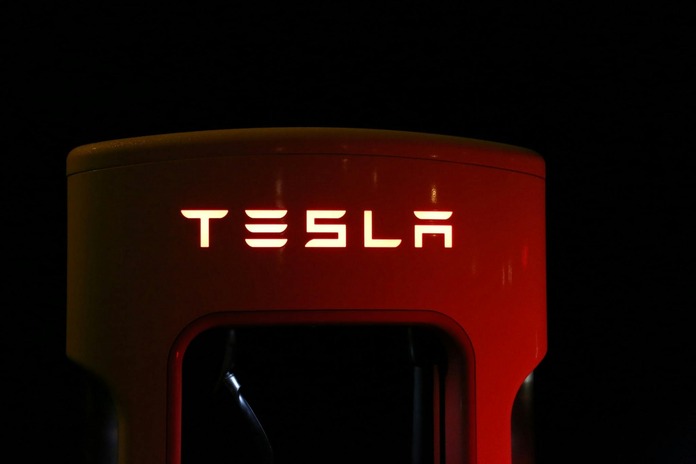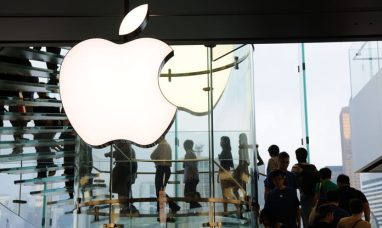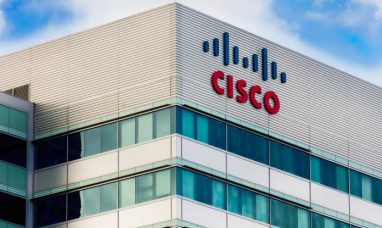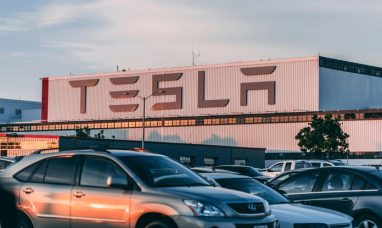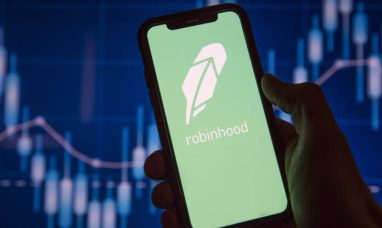Tesla (NASDAQ:TSLA) made headlines after securing a Tesla Cybercab Patent, reinforcing its ambition to lead in autonomous vehicle technology. The news arrives at a turbulent time for the EV maker, as its global sales face pressure from intensifying competition, particularly from Chinese rival BYD (OTCMKTS:BYDDY).
Despite these challenges, Tesla stock has staged an impressive rebound, nearly doubling from its April lows. Investors now face a critical question: does the Tesla Cybercab Patent justify further upside in TSLA shares, or are risks outweighing potential rewards?
Is the Tesla Cybercab Patent a Catalyst for Growth?
The new Cybercab patent signals tangible progress in Tesla’s robotaxi program. Recent regulatory approval in Arizona joins existing operations in California, Nevada, and Texas, suggesting that Elon Musk’s long-promised autonomous ride-hailing fleet may be inching closer to reality.
Beyond robotaxis, Tesla is betting heavily on robotics and artificial intelligence. The Optimus humanoid robot is being positioned by Musk as a transformational product, with expectations that it could eventually represent 80% of Tesla’s market value. This bold pivot underlines the company’s ambition to move beyond electric vehicles and become a leader in next-generation AI-driven technologies.
Still, investors must weigh optimism against execution risk. Musk has made bold claims before — particularly regarding full self-driving (FSD) capabilities — that have yet to materialize. The Tesla Cybercab Patent may be an important milestone, but turning it into a viable, revenue-generating business remains far from guaranteed.
Valuation Concerns Cloud Tesla Stock
Even with innovation at the forefront, valuation remains a sticking point. Tesla currently trades at around 250x trailing earnings, a lofty multiple that bakes in significant expectations for rapid growth. Unless the Cybercab and AI initiatives deliver meaningful traction, the stock could struggle to justify such a premium.
Moreover, Tesla’s core automotive business is showing cracks. Sales in Europe fell 37% last month, with BYD steadily capturing more market share. Shrinking margins, reliance on regulatory credits, and intensifying competition in China further complicate the picture.
Adding to these concerns, the $7,500 federal EV tax credit is set to expire at the end of September, which could dent Q4 demand. Without this incentive, Tesla may face a steeper drop in U.S. sales, amplifying the company’s near-term risks.
Should Investors Buy, Sell, or Hold Tesla Now?
For investors considering whether to act on the Tesla Cybercab Patent, caution may be the wisest strategy. While the patent adds credibility to Tesla’s long-term robotaxi ambitions, the company’s near-term fundamentals tell a different story. Weakening EV demand, fierce competition, and reliance on non-core revenue streams all suggest that risks remain elevated.
Wall Street analysts echo this sentiment. According to Barchart, the consensus rating on Tesla stock is “Hold,” with a mean target of $317. That implies potential downside of roughly 25% from current levels, underscoring the lack of enthusiasm for buying at today’s valuation.
Final Verdict on the Tesla Cybercab Patent
The Tesla Cybercab Patent highlights the company’s innovative spirit and ambition in shaping the future of mobility. However, patents alone don’t guarantee profitability. Until Tesla demonstrates meaningful revenue from its AI and robotaxi ventures, the stock may remain vulnerable to downside risks.
For now, Tesla appears best viewed as a hold rather than a buy. Investors intrigued by the Cybercab’s potential should watch closely for execution milestones, but those already holding TSLA stock may want to remain patient rather than adding at these stretched levels.
Ultimately, the Tesla Cybercab Patent reinforces Tesla’s visionary edge, but it also underscores the gap between aspiration and execution. Investors should balance excitement with caution, recognizing both the transformative opportunities and the significant risks tied to Tesla’s ambitious future. Long-term believers may stay invested, but new buyers should wait for clearer signals.
Featured Image: Pexels © Pixabay



